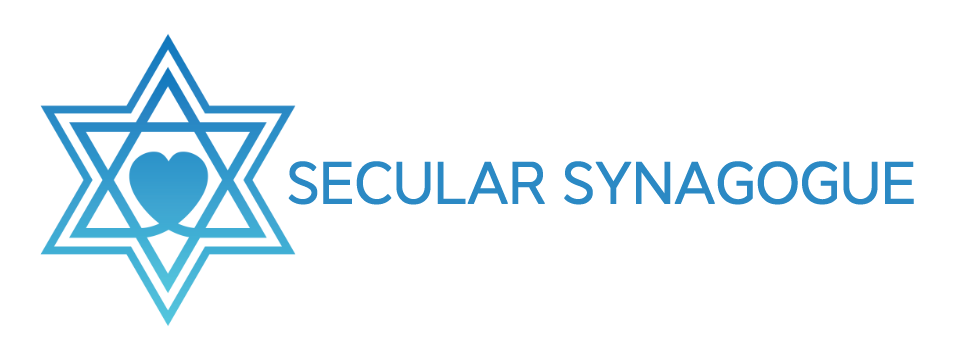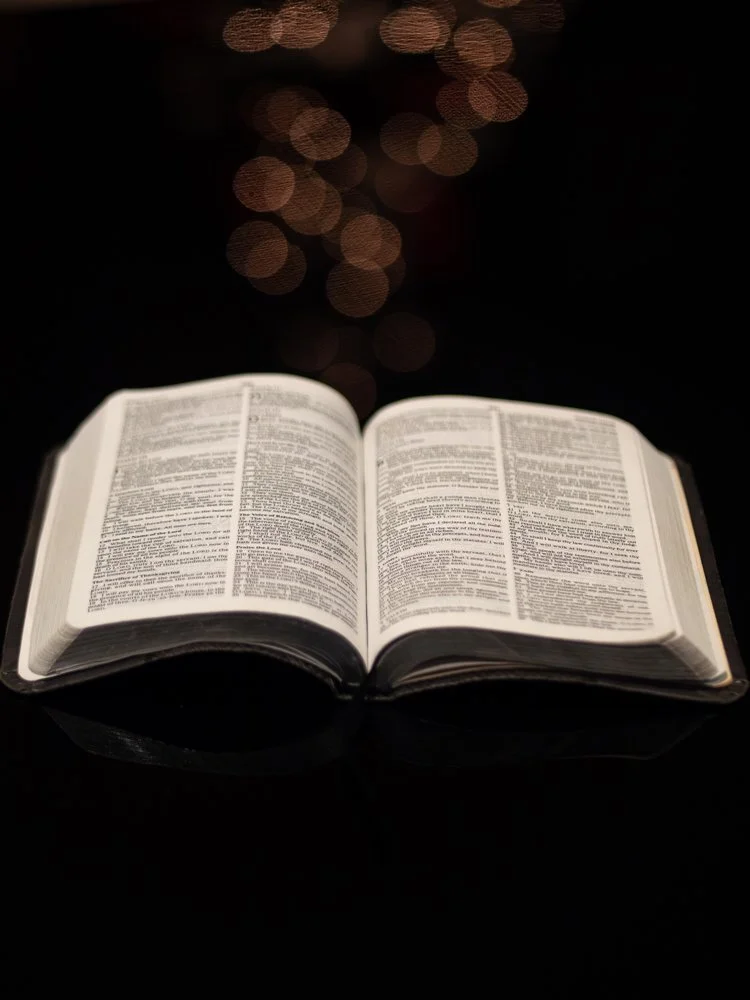Shavuot and the Book of Ruth
This past Saturday evening my congregation once again participated in the JCC’s all night learning evening, the Tikkun Leil Shavuot. Shavuot became a holiday for learning, originally Torah study and more recently Jewish learning of all kinds, because early rabbis claimed that Shavuot was when the Torah was given at Mt. Sinai. Some believe it was given by God. Others believe it was given to Moses by God. Some believe it was divinely written. Some believe it was divinely inspired. We believe it was written by people for human needs. I take none of it literally, but I do find the stories in it to be instructive on the concerns of the day.
The Book of Ruth is traditionally read at Shavuot, because it mentions the harvest and this holiday’s earliest roots, before stories of the giving of Torah, are agricultural. We plant at Passover and we harvest at Shavuot.
If you have never read the Book of Ruth, it’s worth a look! It is really great storytelling about love between women, a sexual ruse, the practice of Levirate marriage and the chalitzah shoe ritual (google it!), and more. The best parts of the Book of Ruth are what they show us about intermarriage and conversion.
The story centres around Ruth who has married a Judean. Note, there is no mention of how this intermarriage was a problem. It seems from this text that intermarriage is fine (the Torah and the Talmud both contain conflicting messages about intermarriage, signalling that our forebears struggled with this issue over time. Some things never change). For intermarried folks, the Book of Ruth is a nice affirmation that marriages like ours were/are traditional in their way.
Ruth’s husband dies and Naomi tells her to return to her people because she doesn’t have the means to take care of her. But Ruth famously says “wherever you go, I’ll go. Your people shall be my people and your God shall be my God.” Boom. Conversion. No lengthy learning program. No ritual. Just a decision to be Jewish and a commitment to be part of the people.
That’s how Secular Humanistic Jews see conversion too. If you are a Jew by Choice, you are welcome to take on a program of learning and a ritual to mark your becoming of a Jew, but you don’t have to. You can simply decide that you identify with the history, fate, and culture of the Jewish people.
For us, the Book of Ruth resonates on issues of conversion and intermarriage. As I said, it is also a great read! If you haven’t read it, no need to wait for next year’s Shavuot. Here it is! Enjoy!

